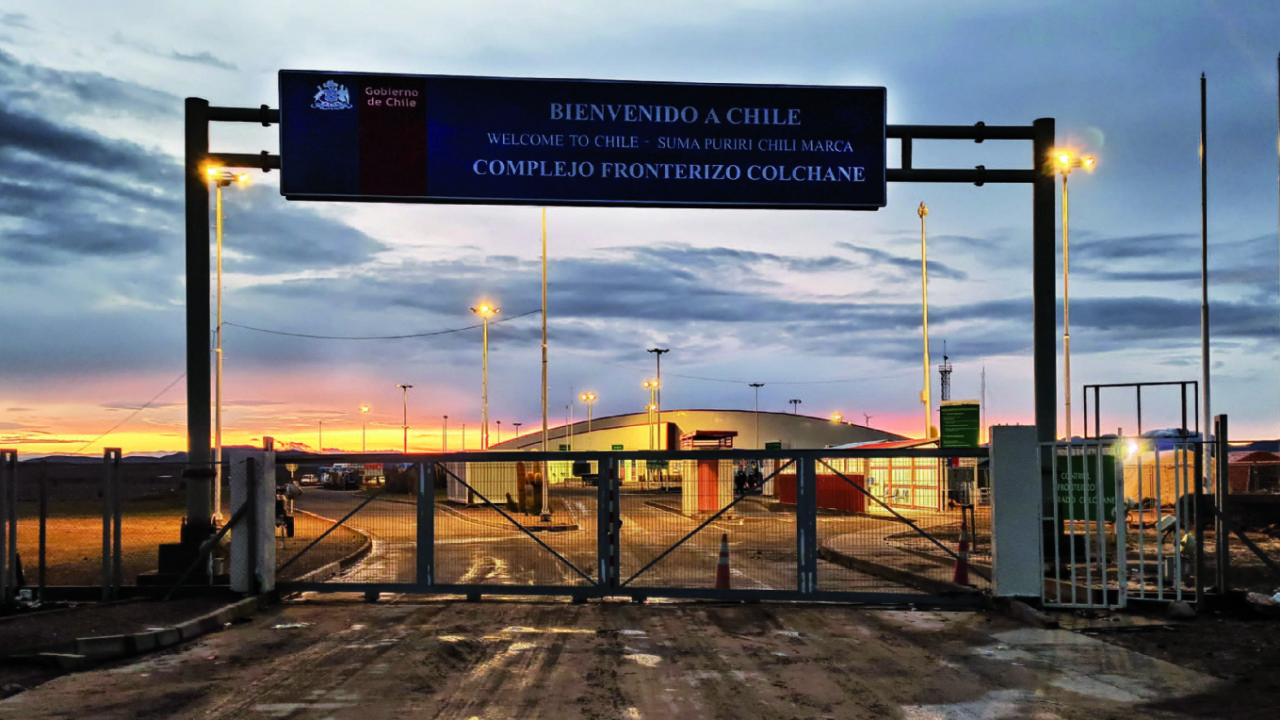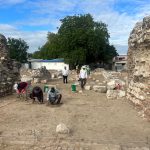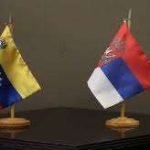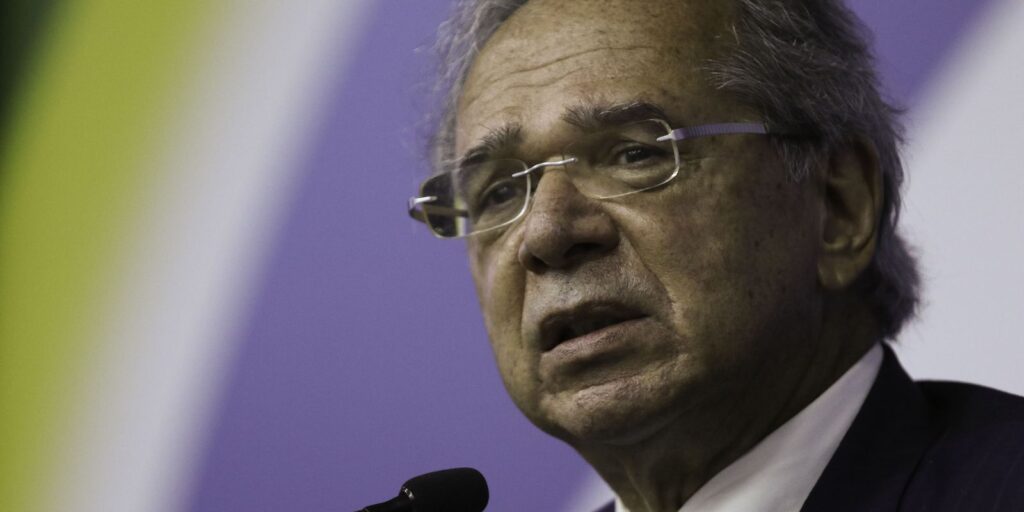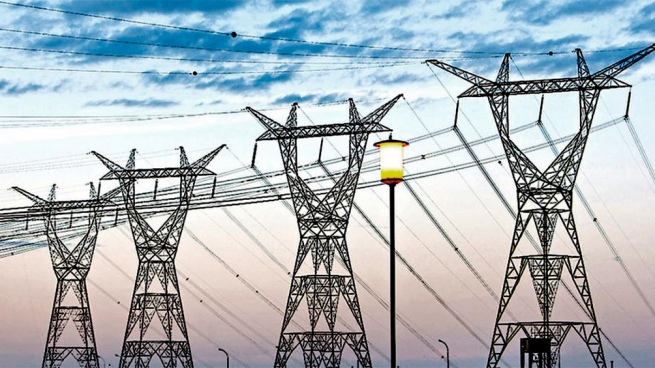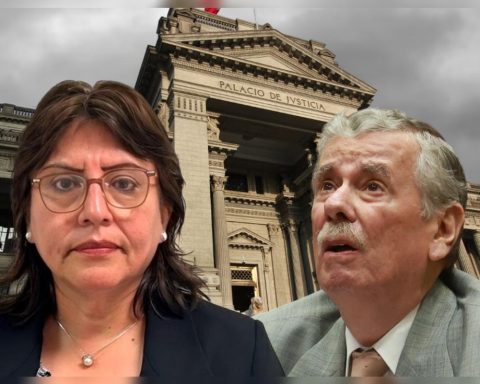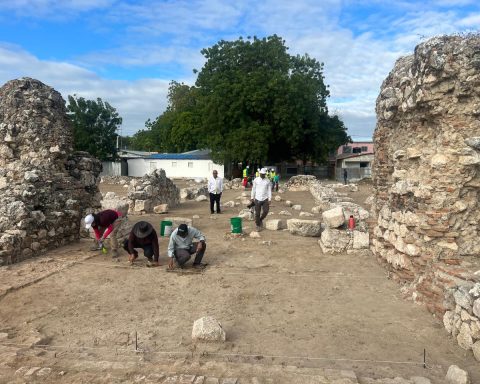Paulo Lizarraga / Pisiga, Oruro
When the clock strikes 25 minutes past noon on Tuesday, January 25, the first of several trucks begins to be seen, as well as other high-tonnage vehicles in the municipality of Pisiga, Oruro, waiting to enter Colchane, in Chili.
20 minutes driving through the return lane, the only one available on the Oruro – Pisiga highway, will not be enough to reach the border; because the line of stopped trucks already exceeds 600; the extension of it easily exceeds 10 kilometers of route.
Chile decided weeks ago to close its borders due to the rise in Covid-19 infections, a fact for which Bolivian exports were left behind in the middle of the border.
Hundreds of trucks, loaded with minerals, wood, soybeans, scrap or simply with their metal “storks” to load other vehicles of lesser weight continue to be detained due to the sanitary determination of the trans-Andean country.
Hundreds of carriers have converted the cabins and cabins of their trailers into their refuge, in the face of the inclement weather of the Bolivian highlands.
“I spend eight nights sleeping in the cold, in the sun (…). We had to make a commission to buy groceries and distribute ourselves here; my colleagues don’t have anything to eat in line,” Wilson Flores, who had been detained at the border crossing until January 25, had already been detained for nine days.
“The load, another issue that hurts us in line. I went out on Sunday (of the previous week). Supposedly, the (previous) Wednesday should have been unloading (wood) there, in Iquique, and look how many days of damage; those are already discounts for the company (in which I work),” said Ronald Fernández, carrier.
“I’m already 10 days here at the border today, already entering the part of Chile, in the middle of the precinct to enter (…). It is a very delicate problem, the authorities are not coordinating the issue of the PCR and that makes us take a long time. We are here, we suffer from food, ”said the driver.
“We have to take care not to catch a cold so as not to have that positive result with the coronavirus. (We are) forgotten by our authorities, there is no health point, despite the fact that there is a health center here, but they do not come to do a check-up, “Fernández remarked.
After 7:00 p.m., the icy wind embraces each of the corners on the Bolivian border with Chile, it is enough to be a few minutes to feel the cold in the bones. However, in Pisiga there are swarming night restaurants, inns, lodgings, small exchange booths and even points of sale of “chips” for cell phones of telephone lines from other countries.

Limberth Herbas is another transporter and has spent at least six nights since Thursday, January 20, according to his account. He indicated that he came with a passenger in the motor vehicle he drives, so it is “uncomfortable” to constantly sleep in the small cabin.
“Very cold and it is not possible to be so easy every night falling asleep in the cabin, it is very cold (…). It’s uncomfortable, even here we are between two and it’s uncomfortable to sleep like this, ”said the steering wheel worker.
“Here we spend our time cooking a little, paying attention to how little we advance every day. Other colleagues are further back, further away, they will pass in a week,” said the carrier.
Another of the observations that those who integrate heavy transport have is food, which with the passing of days begins to get complicated for the carriers on the Oruro – Pisiga highway.
Freddy Flores, driver, says that the “dry rations” and dehydrated foods are what help to satisfy the appetite, as the days go by. Other drivers have bottles and stoves to improvise small kitchens and prepare the food they find.
“I practically (I’m) sleeping in the truck (at night) and during the day we feed ourselves with pure dry rations, broad beans, roasted beans and straw of cañahua, it’s the only thing. Then they come to bring food, but they don’t work because they are soups, they sell very little. A lunch is 15 bolivianos and a good plate is 20 bolivianos and it’s just a plate”, said Freddy Flores.

Another of the conflicts by which heavy transport is affected at the border is the lack of a laboratory for taking PCR tests and detecting or ruling out cases of Covid-19 among drivers.
Fernández, whose load of wood should have arrived in Iquique on Wednesday, January 19, told this outlet that the negative PCR tests are only valid for 72 hours; however, he had eight days in a row.
He stated that the cost of a test increases, considering that it must be taken in the city of Oruro.
“In the matter of (the test) PCR, we take out when we come to the line and it only serves us 72 hours, that is, three days; I’m already there for eight days and it’s another cost to go back to Oruro and get another PCR test done to go back and cross. There is no laboratory here, they charge us 70 bolivianos one way (to Oruro) and another 70 bolivianos on the way back, and at the General Hospital they charge us 500 bolivianos for the PCR test,” lamented the driver.
Roger Cadima, sergeant of the Bolivian Police and customs security, commented to Página Siete that “here in Bolivia they attend quickly” to the trucks that enter Bolivia; it does not happen vice versa. “The problems are when entering Chile,” he maintains, due to the rigor of the biosecurity controls applied in Colchane, on the trans-Andean side.
Returning to Oruro, the queue shortened by just over a kilometer; of 10.7 kilometers counted in the first leg, it was reduced to 9.4, due to the passage of some trucks towards Chilean soil. The indicated distances were corroborated with the odometer of the vehicle in which this medium went to Pisiga.
During the return journey, at least 27 new trucks depart from the city of Oruro towards the border with Chile to once again lengthen the queue, while the drivers wait forever.
One of the situations that the transport sector must face is that drivers test positive for Covid-19 in the middle of the line, on the highway to Chile. Contracting the disease and corroborating it through an authorized test will prevent entry into Chilean territory.
In that case, the measure determined by the drivers is that the driver who is infected “steps aside”, he must park his vehicle provisionally on the berm adjoining the asphalt of the road.
Fernando Borda, an experienced truck driver, short, charismatic and perspicacious when speaking, says that the measure was determined by the transport sector itself to help other carriers to advance in the long queue.
“The driver since can no longer continue. So what’s the status of the truck? He just has to step aside and give way to the others; That’s what’s happening. It is a consequence of a situation that happens to one when he has tested positive for coronavirus, ”explained Borda.
He points out that giving way is a determination that stems more from “common sense” of drivers than from the authorities and health personnel. According to him, his sector has been abandoned.
“This is one more matter of common sense because we are abandoned by the Government, by the authority of the Health area; they should be constantly in presence, “said the driver.
The Vice Ministry of Foreign Trade and the National Institute of Health Laboratories (Inlasa), on the part of Bolivia, and the Regional Presidential Delegation and the Regional Ministerial Secretariat of Health of Arica and Parinacota, on the part of Chile, held a virtual meeting on the 26th January, with the purpose of following up on the commitments assumed on January 23, regarding delays in the transit of the Tambo Quemado – Chungará border crossing.
After the meeting, it was determined that as of yesterday Inlasa will begin the daily taking of PCR tests in Tambo Quemado, and the results must be electronically transmitted to the Chungará Border Complex Administration, according to an official statement.
As of today, the number of health personnel assigned to the sanitary customs office in the Chungará border complex will be increased, in order to expedite the care of carriers. And from tomorrow, January 29, “the capacity for the attention of transport units in Chungará will be increased, with a view to continuing to expand the capacity gradually, after evaluating the results.”
I am practically sleeping in the truck and during the day we eat only dry rations
freddy flowerscarrier
10
DAYS
are the ones that some drivers
they are stopped in the middle of the road
towards the border with Chile.
